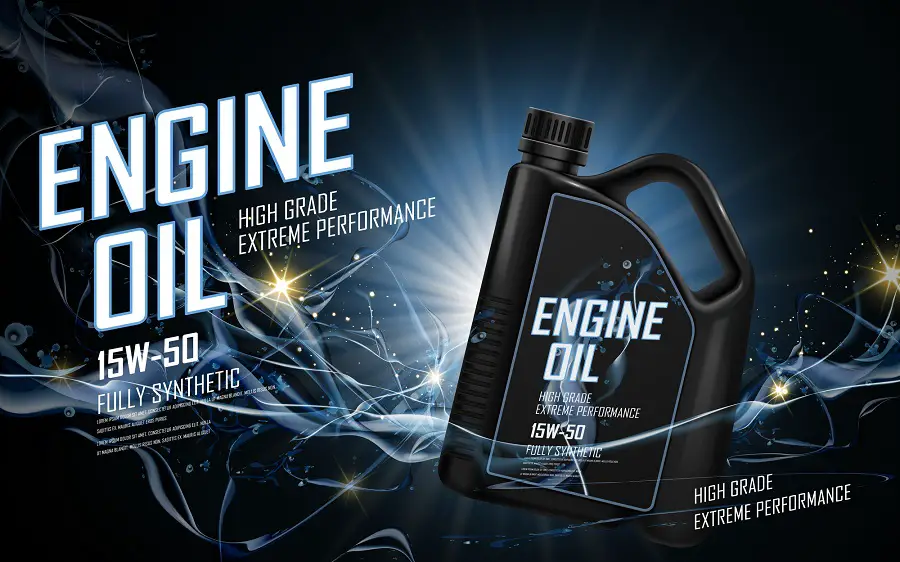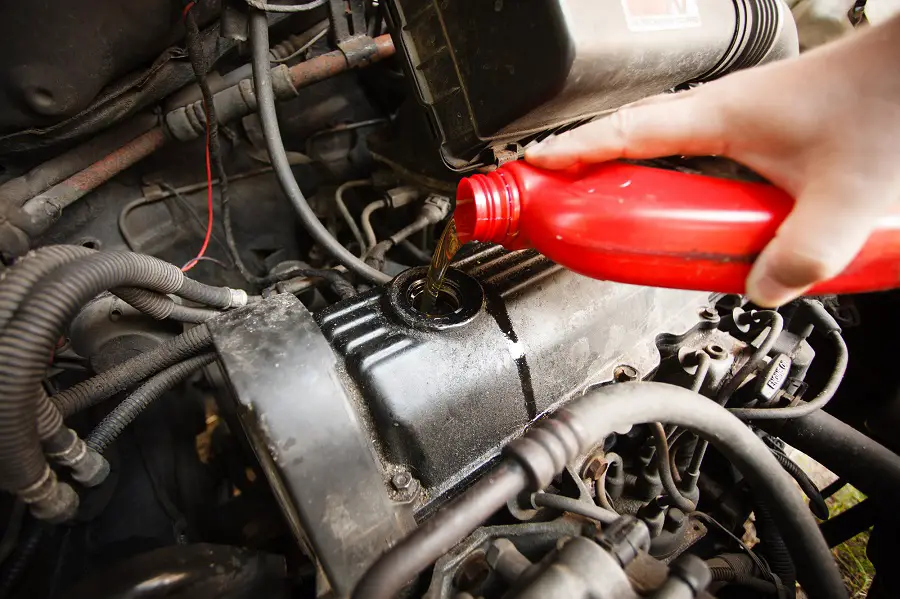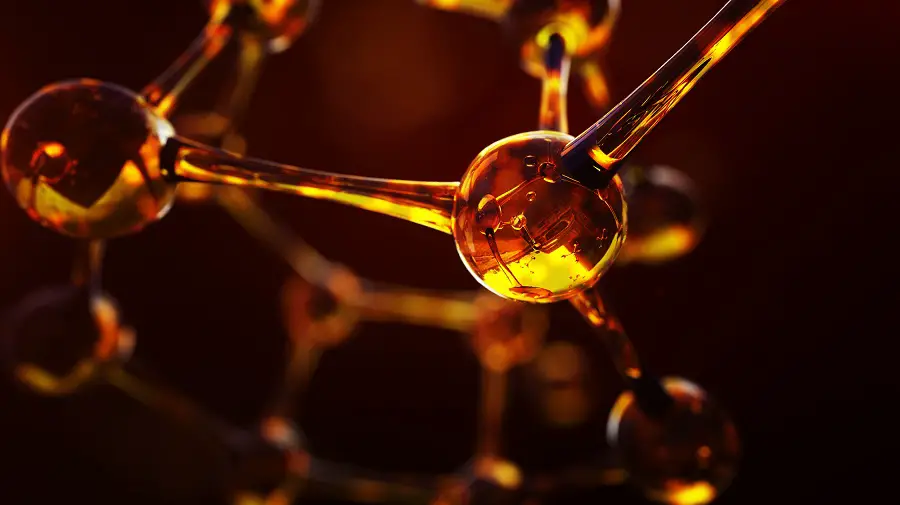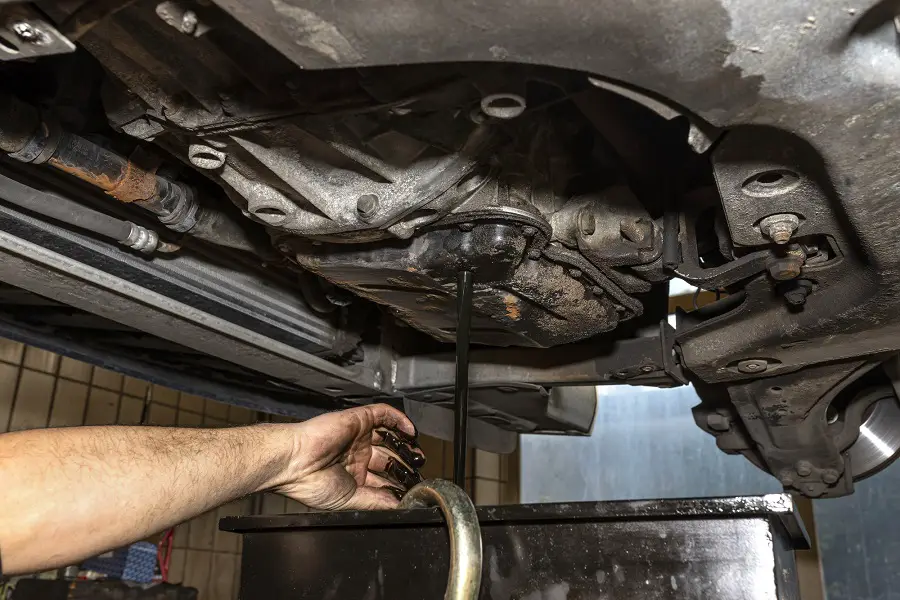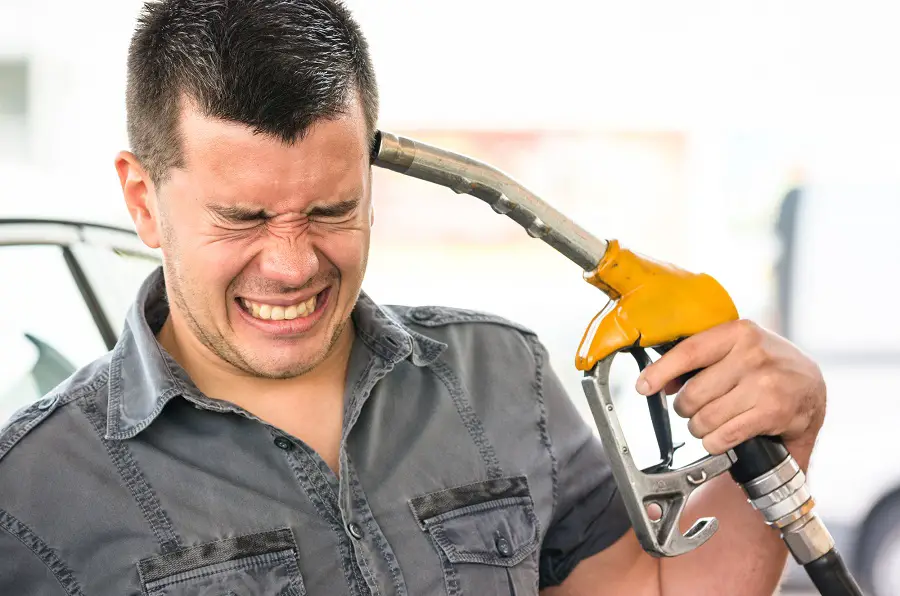Using fuel injector cleaner can save you a lot of time and money by keeping your car’s fuel system running well. You just need to know about fuel injector and fuel cleaning service to take full advantage of them for the best results.
Understanding the signs of clogged fuel injectors can also help save you money by avoiding unnecessary repairs.
What is Fuel Injector Cleaner?
Most modern cars use a system to inject fuel into the engine. A system of fuel injectors squirts gasoline when it’s needed to power the engine. These injectors can become clogged over time, especially if you are using low-quality gasoline. Check out this educational video to see how it all works.
Accordingly, a fuel injector cleaner is a fuel additive that you can mix into your gas tank. It helps prevent deposits from forming in the first place, and it can also help break down any existing clogs or buildup that might affect the fuel flow on your car.
Most gasoline sold in the US is pretty clean and clean-running, and that’s because it’s usually pre-mixed with additives that keep it from breaking down over time and detergents that help keep the fuel system on your vehicle clean as well.
Increasingly, vehicle manufacturers utilize a high-pressure injection system called direct injection. It’s standard on vehicles like the Porsche Cayenne. This is a very efficient way of introducing gasoline into the combustion chamber. But, it’s even more prone to fuel injector clogs. Some manufacturers have even recommended periodic cleanings of the fuel injectors to help avoid clogs and breakdowns.
How Does Fuel Injector Cleaner Work?
Fuel injector cleaner works by using chemicals to help prevent flow loss, dissolve dirty deposits, and by controlling potentially harmful buildup in the fuel system’s components. There are multiple products you can buy, and they take advantage of the cleaning power of different chemicals.
One of the most common fuel injector cleaner chemicals is Polyetheramine (PEA). Almost all fuel sold in the US has a bit of this deposit-preventing chemical and other stabilizers added prophylactically. Since different blends and brands have different amounts of PEA, it’s sometimes necessary to add more to fuel.
PEA has superior cleaning power and is proven effective at removing deposits and clogs from the fuel injectors of a car without having to disassemble the components. There are other products on the market that treat the fuel, but this is the one you should look for when it’s time to clean the system on your fuel injection car.
What Are Some Symptoms That You Need Fuel System Cleaning?
Gasoline engines need fuel to operate, and for efficiency and performance, the ratio of gasoline to air and the timing of the ignition spark are closely controlled. On modern cars, particularly ones with direct injection fuel systems, the ratio is measured in microscopic tolerances, with the injection system actually atomizing the fuel particles to enhance ignition.
This is a highly efficient process, but it is also inherently dirty. One of the byproducts of this type of combustion is a tendency for the fuel system to develop small deposits. Dirty fuel tends to create even more byproducts, and that can lead to the dirt becoming cooked onto surfaces in the combustion process.
When that occurs and goes untreated, more and more deposits accumulate, and they begin to reduce the fuel flow and alter the pattern of the injectors. Sometimes the fuel is no longer atomized, and larger drops of gasoline flood the chamber, making combustion even dirtier and accelerating the pace of the developing clog.
Since this is going on deep inside of your car, you’re likely unaware of the issue. Then all of a sudden, you begin to see reduced fuel economy. If the issue is left unchecked, it can evolve into significant performance reduction, hesitation or stalling of the engine, and even complete breakdown.
What is a Fuel Cleaning Service?
A fuel cleaning service takes fuel system cleaning to the next level. Instead of adding a chemical to your fuel, you or a professional can manually clean the system of deposits and clogs.
There are DIY fuel cleaner kits on the market that make this task relatively easy for a hobby mechanic. But, you need to have a pretty thorough understanding of your vehicle, so if you’re not really comfortable under the hood, this might be one that’s left to a pro.
Make sure to read all of the instructions on the package very carefully. There are specific instructions that must be followed, and they can vary by the specific vehicle being serviced.
To use a commercial DIY kit to perform a fuel cleaning service, you need to find the fuel injectors. Typically, they’re on the top of the engine, with one for each cylinder. There is often a rail that connects them all to the fuel supply line leading from the gas pump.
The first step after locating the injectors is to interrupt the fuel flow to them. Sometimes you can do this by setting up a bypass. Other times you have to disable or temporarily remove the fuel pump. It’s a good idea to also remove the cap on your gas tank’s filler neck, just in case there is any pressure inside the system.
Once fuel flow is stopped, you can disconnect the pressure regulator. Now, it’s time to get your kit and find the connection that hooks up to the fuel inlet. This port is fairly standard, but your kit may come with a couple of different adapters, so make sure to use the right one for your vehicle.
Once your kit is hooked up, look for a valve on it. Open the valve slowly until it reaches the appropriate pressure for your vehicle, as indicated by the instructions and your car’s operating manual.
When the system reaches the desired pressure, start your car’s engine. The powerful solvents in the cleaning kit will circulate through the injectors, hopefully breaking up and clearing any deposits that may be developing or clogging the fuel injectors.
This process is done under pressure and lasts a few minutes. So it’s important that you’re very careful and you understand what you’re doing and what not to do.
When the cleaning service is complete, turn off the engine. Much of the pressure will dissipate, but you may still have to bleed your kit. Some have a special regulator to do so. Others, you just remove the fuel port fitting slowly.
Now you can remove the kit, reconnect everything you took apart, and enjoy the fruits of your labor. When done correctly, especially on cars with significant fuel injector deposits or clogs, you might see a noticeable change in performance and efficiency.
You can certainly have this service performed at a local mechanic shop, but it might cost a few hundred dollars. Some shops even use specialized systems to test the injectors.
Is a Fuel System Cleaning Worth It?
Periodically cleaning your fuel system is probably a good idea. But, if you’re buying good quality gasoline from a reputable fueling station, you shouldn’t have to do so very often. Consider using a fuel injector cleaning additive at the time of each oil change on your car, especially if it is equipped with a direct injection system.
Doing so may help you avoid repairs due to clogs or low fuel flow. You should probably only do a full fuel system cleaning if you know you are having an issue with clogged injectors. It’s too much hassle to disassemble the fuel system unless you really need to.
Is Fuel System Cleaning Service Necessary?
Fuel system cleanings aren’t usually necessary. But if you have a car that is prone to clogs, or you got some really bad gas, you might need to do a cleaning to restore proper operation of the fuel system.
Fuel System Cleaning Vs. DIY Fuel Injector Cleaning
Sometimes, injectors or other parts of the fuel system can become so clogged that they need to be physically removed from the vehicle and cleaned manually. Then they can be tested for proper fuel flow and tested subsequently to make sure they are working right.
In some cases, the injectors may become so severely fouled with deposits or clogs that they need to be replaced.
The old adage that an ounce of prevention is worth a pound of the cure is definitely true when it comes to keeping your fuel injectors working properly. So, if you keep up with basic maintenance, buy good gas, and perhaps do a DIY fuel injector cleaning with a gasoline treatment, you’re probably going to be just fine.
Sometimes, even when we treat our cars well, the fuel system still ends up needing maintenance. In that case, you have to decide if it’s something you can handle DIY with an additive or a cleaning kit or if you need to bring the car to a mechanic.
A mechanic can also help you diagnose the issue to determine if your issue is with the injectors themselves, or another part of the fuel system, like the fuel pump inside the gas tank.
How Much Does it Cost for Fuel System Cleaning?
This can vary tremendously by how and where you do it. If you can do a DIY fuel system cleaning, it will be less expensive than hiring a mechanic. Mechanics can charge anywhere from $50 per hour to well over $100. Your best bet might be to find a service center that offers fuel system cleanings for a flat fee, so you’re not subject to an hourly rate that could have an unpredictably high cost.
How to Use Fuel Injector Cleaner Properly
The biggest question that people ask about fuel injector cleaners is, “do you put fuel injector cleaner before or after filling the tank?” The answer is almost always that you should add the injector cleaner before filling.
Some cleaners might recommend adding only a certain amount of fuel, so the injector cleaner mixes to the right strength. Others might recommend using them when the tank is almost empty or below a quarter tank.
Make sure to read the manufacturer’s instructions. Fuel injector cleaners have powerful solvents that must be used in the right ratio to get the maximum benefit without potentially doing damage.
FAQ
Some questions regarding fuel injector cleaners are quite common. Let’s address them all.
Is it Safe to Put Fuel Injector Cleaner in Your Car?
Remember that the chemicals in fuel injector cleaners are quite powerful, so you don’t want to overexpose your car to them. And, though they can help clean deposits and clear clogs, they’re not a substitute for fuel. So using too much cleaner at once can cause misfiring and knocking, as the engine starves for fuel.
When used appropriately, cleaners are pretty safe.
Is it Safe to Use Fuel Injector Cleaner on Newer Cars?
It should be. Just make sure to check your owner’s manual and the instructions on the cleaner. If you’re not sure, you might want to ask a mechanic for advice.
How Much Fuel Injector Cleaner Do I Use?
Always follow the instructions. Typically, you will use one full premeasured bottle per treatment. You can adjust its concentration by filling up the tank with more or less gas.
Can You Use Too Much Injector Cleaner?
Yes, always stick with the instructions for the best results.
Can Fuel Injector Cleaner Cause Problems?
If you go crazy with adding fuel injector cleaners and you overdo it, you can cause drivability problems or worse.
Can Fuel Injector Cleaner Damage Engine?
You should have gotten the point by now, but just in case you haven’t, we’ll try it one more time. Only use the recommended amount of fuel injector cleaner according to the label. Otherwise, you may damage your engine and ruin your car.
Can Fuel Injector Cleaner Make Your Car Run Rough?
Fuel injector cleaner can cause misfiring, detonation issues, and even catastrophic engine failure when not used in the right way.

